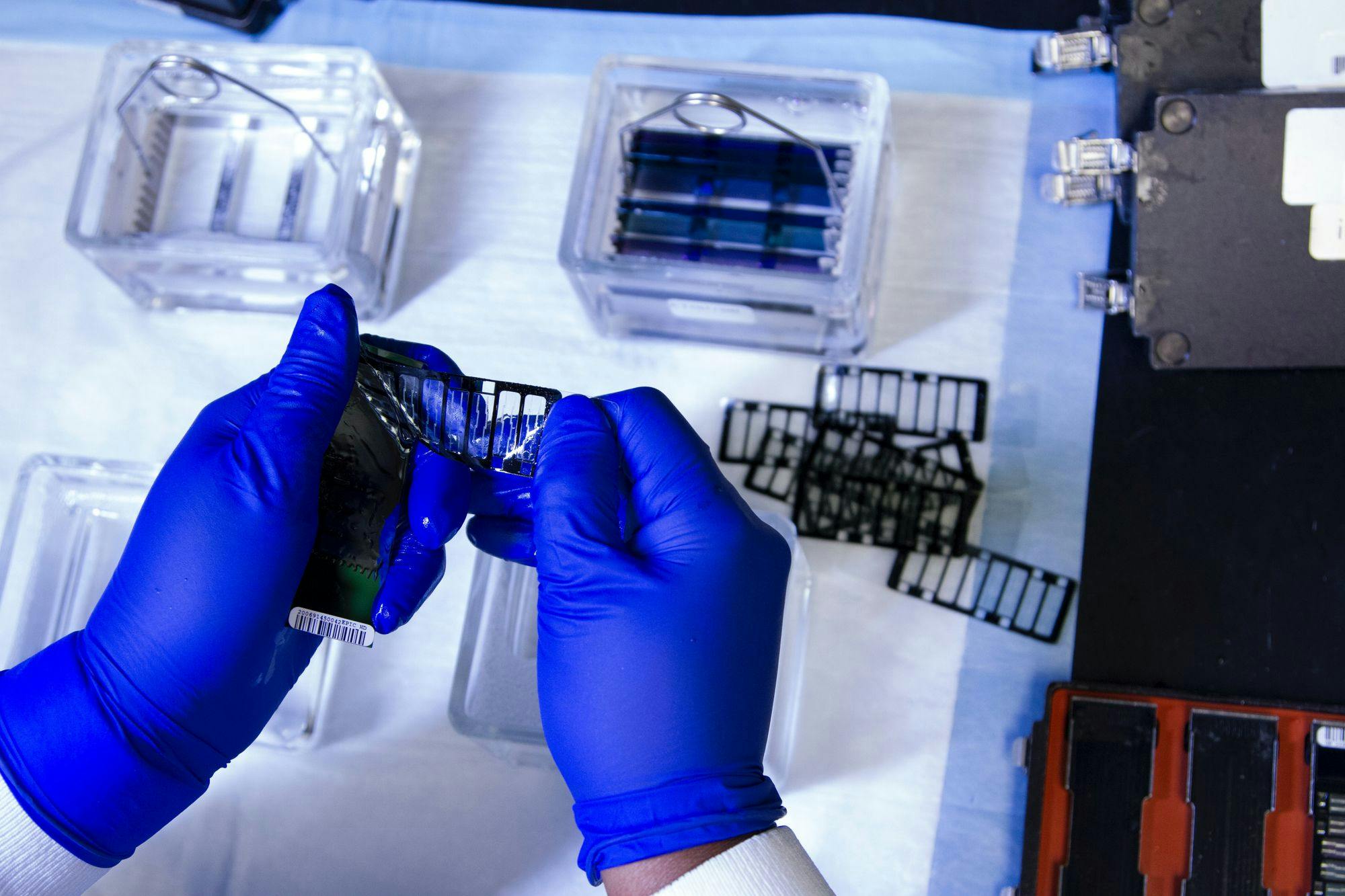Biotechnology is a multidisciplinary field that utilizes biological systems, organisms, or derivatives to develop or create new technologies or products for various applications. It involves the manipulation of living organisms at the cellular and molecular level to solve problems, create new products, and enhance our understanding of biological systems. The applications of biotechnology are vast and span areas such as medicine, agriculture, industry, and environmental management.
Key Components of Biotechnology:
- Genetic Engineering: Genetic engineering is a fundamental aspect of biotechnology that involves the manipulation of an organism's genetic material to achieve desirable traits. This includes techniques such as gene splicing, recombinant DNA technology, and CRISPR-Cas9 gene editing. Genetic engineering has applications in medicine, agriculture, and industry.
- Biopharmaceuticals: Biotechnology plays a crucial role in the development of biopharmaceuticals, including vaccines, monoclonal antibodies, and gene therapies. These products are designed to treat diseases and medical conditions, often with high precision and efficacy.
- Agricultural Biotechnology: In agriculture, biotechnology is used to improve crop yield, quality, and resistance to pests or environmental conditions. Genetically modified (GM) crops, for example, are developed to exhibit specific traits such as resistance to insects or tolerance to herbicides.
- Industrial Biotechnology: Industrial biotechnology involves the use of biological systems to produce chemicals, materials, and energy. This includes the production of biofuels, enzymes, and bio-based polymers. Biotechnological processes are often more sustainable and environmentally friendly compared to traditional industrial methods.
- Environmental Biotechnology: Biotechnology contributes to environmental management by offering solutions for waste treatment, pollution control, and resource conservation. Microorganisms are often used to break down pollutants or remediate contaminated environments.
- Diagnostic and Therapeutic Applications: Biotechnology has revolutionized medical diagnostics and treatments. Techniques such as polymerase chain reaction (PCR) and DNA sequencing are essential for genetic diagnostics. Biotechnological advancements have also led to the development of personalized medicine and targeted therapies.
- Synthetic Biology: Synthetic biology involves the design and construction of new biological parts, devices, and systems for useful purposes. It aims to apply engineering principles to biology, creating artificial biological systems with novel functions.
- Bioinformatics: Bioinformatics combines biology, computer science, and information technology to analyze and interpret biological data. This field is critical for managing and analyzing the vast amounts of data generated by genomics, proteomics, and other high-throughput technologies.
Challenges and Ethical Considerations:
Despite its tremendous potential, biotechnology raises ethical concerns related to genetic modification, privacy, and the potential misuse of biotechnological advances. The ethical implications of gene editing, for instance, have prompted discussions and calls for responsible and transparent research practices.
As biotechnology continues to advance, it holds the promise of addressing global challenges, improving healthcare, enhancing food security, and promoting sustainability. However, responsible and ethical use of biotechnological innovations is essential to navigate potential risks and ensure that these advancements benefit society as a whole.
